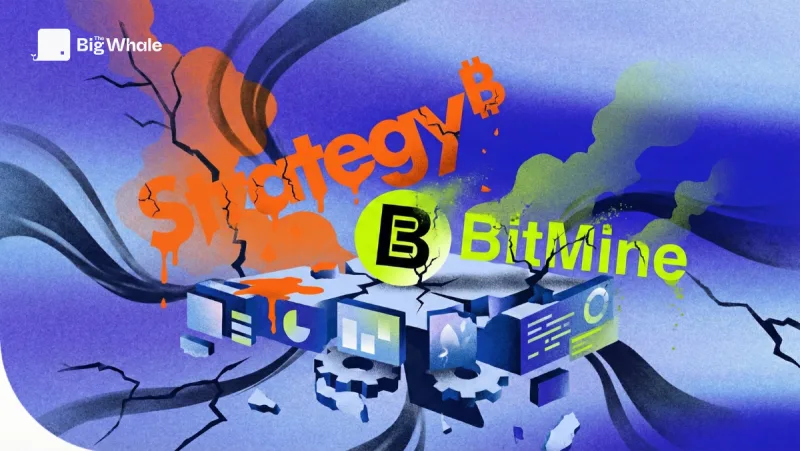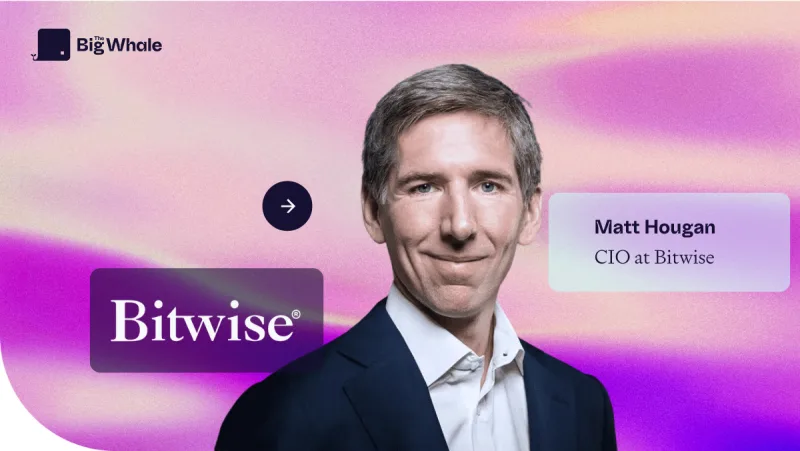TBW - Tariffs to strengthen Ethereum's business model ?

This is one of the reasons why ETH is losing its appeal. For several months now, the majority of user transactions have no longer gone directly through Ethereum (the layer 1 network, or L1), but through so-called "rollup" solutions, such as Arbitrum, Optimism or Base. These L2s reduce costs and increase the speed of transactions, while relying on Ethereum for their security.
This switch now raises a crucial question: while L2s generate significant revenue, Ethereum, on the other hand, earns almost nothing.
A misaligned model
Rollups publish their data on Ethereum using a new format introduced by the "Dencun" update: Blobs, or type 3 transactions. This system enables data to be stored temporarily at very low cost. So low, in fact, that a rollup can publish its data on Ethereum for less than a dollar.
Consequence: the main network, which ensures the security of the entire ecosystem, is seeing its revenues erode, while L2s are capturing most of the value. An economic misalignment that some developers and researchers find worrying.
>> Why blobs will become the keystone of Ethereum's economy
A simple proposal: a minimum tip
Faced with this situation, a proposal published on 2 April by Jérôme de Tychey and Dean Eigenmann has emerged: temporarily introduce a minimum priority charge (also known as a "tip") on Blobs. This "tip" would be paid to Ethereum validators each time a L2 published data.
Concretely, if all blobs for the day used a tip of 5 Gwei (a fee unit), this would generate around 14 ETH a day for validators, or just over $10 million a year (with ETH at $2,000). A higher tip, at 24.5 Gwei, could bring in 68 ETH per day.
Although modest on the scale of the network, this additional revenue would better reflect the current reality: activity is happening on L2s, but security is still provided by Ethereum.
>> Unichain: Is Ethereum threatened if its big projects launch L2s?
Voluntary, temporary and, above all, without a fork
This measure would be applied voluntarily by validators, pending a more structural development: the introduction of a dynamic pricing system for Blobs. The idea? Automatically adjust charges according to demand on the network: the lower the gas, the higher the tip, and vice versa.
Also, the "Pectra" update, due in the next few weeks, is expected to double the number of Blobs per block (EIP-7691), which could further drive down costs for L2s - reinforcing the need for economic rebalancing.
In contrast to a traditional update, Jérôme de Tychey and Dean Eigenmann's proposal does not require a fork. It can be applied immediately thanks to block builders, who build blocks for the majority of validators. These players already apply their own rules (SRM, regulatory compliance, etc.). All they would have to do is add a rule refusing Blobs with no minimum fee, and publish it via a URL that validators can follow.
An alternative, more intrusive method would be to configure nodes to ignore these transactions, but this could slow their propagation across the network.
>> Ethereum (ETH): Fundamental Protocol Analysis



